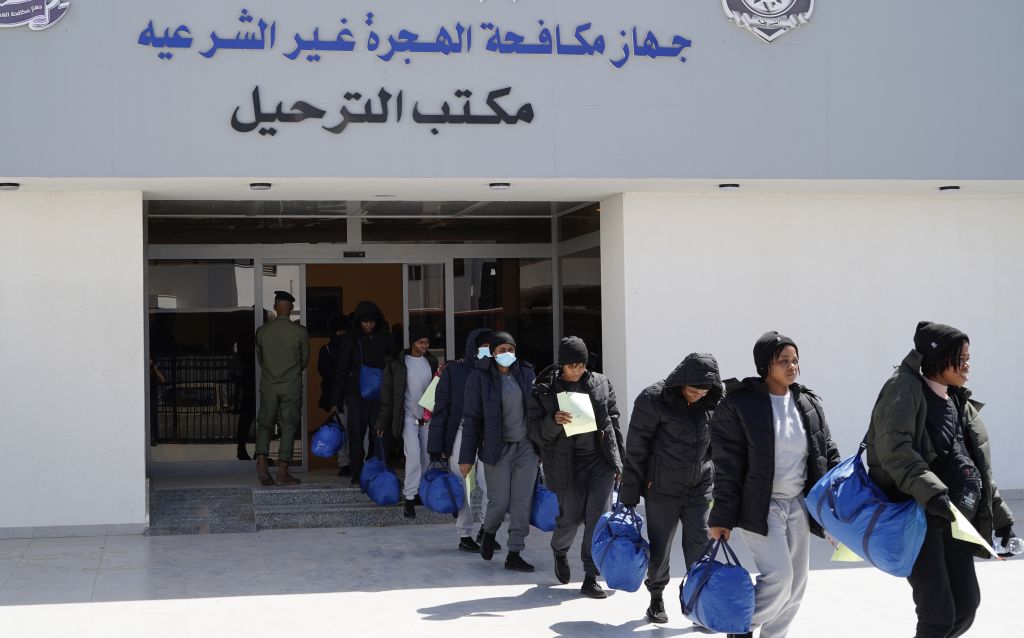The suspension of 10 international humanitarian organisations in Libya, part of a broader crackdown on African migrants, is seen by analysts as an attempt to divert attention from the country’s internal issues and to secure concessions, especially from Europe.
On Wednesday, the Tripoli-based authorities announced the suspension of groups like the Norwegian Refugee Council, Doctors Without Borders (MSF), and Terre des Hommes, accusing them of planning to “settle migrants” from other African regions in Libya.
Libya, a key departure point for migrants attempting dangerous sea voyages to Europe, has been in turmoil since the 2011 NATO-backed uprising that ousted leader Moamer Kadhafi.
It remains divided between the UN-recognised government in Tripoli and a rival eastern authority led by military strongman Khalifa Haftar.
The director of the Sadeq Institute, Anas al-Gomati, explained that the government’s actions are less about NGOs and more about creating enemies to distract from its failures.
He noted that the Tripoli government is playing into conservative fears while masking its inability to provide basic services.

The ultimate goal, according to Gomati, is to extract concessions from Europe, which is concerned about potential migration surges.
Europe may offer funding packages and political support to the Tripoli government in exchange for help managing migration.
On the same day as the NGO ban, Italy pledged 20 million euros to the International Organisation for Migration (IOM) to help with the “voluntary repatriation” of 3,300 sub-Saharan migrants from Libya, Tunisia, and Algeria.
Gomati highlighted that the timing is not coincidental, arguing that both Italy and Libya are coordinating their actions. Libya shows “sovereignty” by cracking down on NGOs, while Italy can claim to be funding “voluntary” returns, all while migrants are subjected to extortion and poor conditions in detention.
Libya analyst Jalel Harchaoui observed that the Tripoli government is adopting a similar stance to Tunisian President Kais Saied, who in 2023 blamed sub-Saharan migrants for allegedly threatening Tunisia’s demographic composition.
Harchaoui suggested that the Dbeibah government’s increasing difficulties, particularly in accessing public funds, have led it to demonise migrants and denounce NGOs in an attempt to assert control over the situation and curb migration flows.
Exiled Libyan human rights activist Husam el-Gomati pointed out that the crackdown on NGOs is also aimed at limiting their ability to document human rights violations and delay potential actions against militia leaders responsible for abuses.
Aid groups have expressed concern about the safety of their Libyan staff and the migrants who are now more vulnerable in a country where over 700,000 sub-Saharan residents live.
The International Commission of Jurists condemned the surge in hate speech, arbitrary detentions, and violent attacks on migrants in Libya, as well as the government’s pledge to deport 100,000 migrants every four months.


